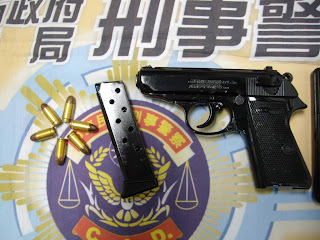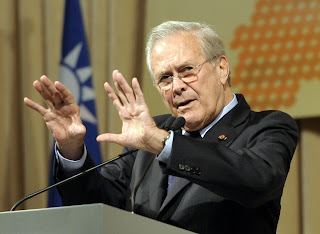 For the good and the bad, the ROC is an intrinsic part of Taiwan’s complex history. Ignoring its impact on modern Taiwan, and vice versa, would be intellectually dishonest
For the good and the bad, the ROC is an intrinsic part of Taiwan’s complex history. Ignoring its impact on modern Taiwan, and vice versa, would be intellectually dishonestCelebrations were held across Taiwan today for the Republic of China (ROC) centennial, with hundreds of foreign dignitaries attending a military parade and various colorful performances in front of the Presidential Office in Taipei.
It is perhaps testimony to the complexity of the political situation facing Taiwan that several people, including some publications abroad, would refer to the Double Ten festivities as Taiwan’s 100th anniversary. It is one thing to say that the ROC equals Taiwan — and in the public mind, or for foreign consumption, this simplification is arguably acceptable. However, to say that Oct. 10, 2011, marks
Taiwan’s 100th anniversary is historically inaccurate, as Taiwan existed well before Sun Yat-sen (孫逸仙) and his followers put an end to dynastic rule in China with the Xinhai Revolution in 1911.
At the time, Taiwan was part of the Japanese empire, and had been so since 1895 following the Treaty of Shimonoseki, which ended the first Sino-Japanese war. Prior to 1895, Taiwan, though on the peripheries of the Chinese empire, was not officially or legally part of it, despite revisionist claims to the contrary by Beijing.
And while it can be said that Sun’s dream came to fruition in Taiwan, no person living in Taiwan at the time of the ROC’s founding participated in the rebellion or in drafting the articles of the Republic. It should also be said that, as envisioned by Sun, the ROC was terribly flawed and less than an ideal democracy, with its founder making no secret of his opposition to the emergence of any organized political party other than the KMT.
A truly democratic ROC only emerged decades
after the Republic had imposed itself upon Taiwan, and only from that point on could it be said that Taiwanese became participants in the ROC experiment. Nevertheless, without the ROC and despite the colonial — and oppressive — nature of its arrival in Taiwan, chances are that Taiwan today would be a province of the People’s Republic of China, run by an authoritarian regime that continues to make a travesty of the more noble ideas propounded by Sun.
Exogenous nature of the ROC notwithstanding, it cannot be denied that Taiwan would not be what it is today without the ROC, just as the US, Canada or Australia wouldn’t be where they are without the British colonial experience, which, for good and bad, was, and always will be, a key ingredient to the modern countries as we know them today. As such, despite the 228 Massacre and the White Terror that followed the arrival of the KMT on Taiwan, one cannot dissociate the ROC as a formative component from Taiwan, nor should that aspect of Taiwan’s history be ignored. There is nothing wrong in celebrating the ROC —
a transformed, localized ROC that now stands for Taiwan —, nor does doing so signify one’s abandonment of the conviction that Taiwan is an independent country. In fact, ignoring the ROC would be to ignore a very significant, and in fact intrinsic, aspect of Taiwan’s modern history.
One therefore need not be ashamed to wish the ROC a happy 100th anniversary, nor does doing so by any means signify support for unification with China.
 The organization has a goal to see 8 million people in Taiwan own a gun and 5 million people obtain a license to carry concealed firearms
The organization has a goal to see 8 million people in Taiwan own a gun and 5 million people obtain a license to carry concealed firearms





















